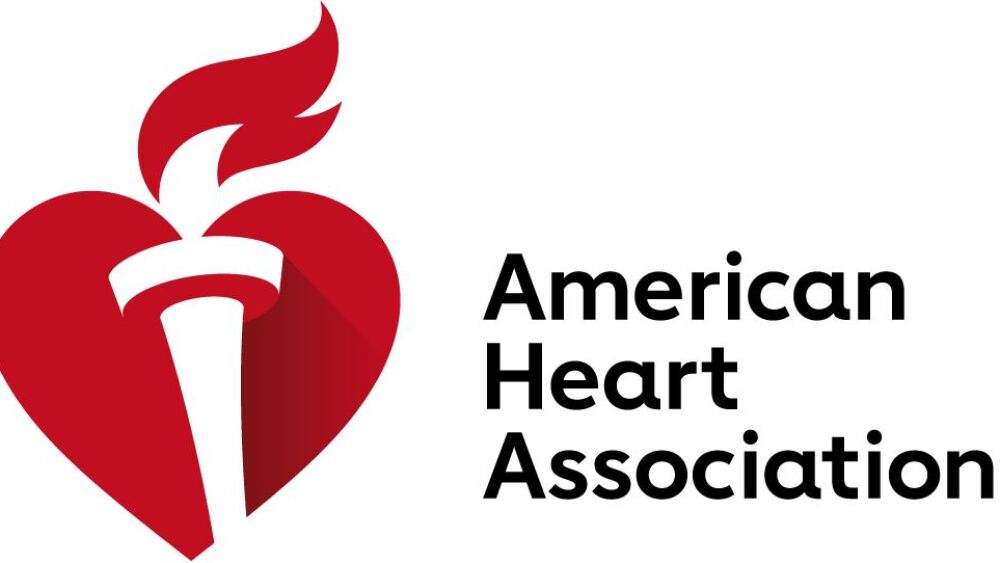By Laura French
DALLAS — Two American Heart Association (AHA) courses have received a new designation for EMS continuing education accreditation through their use of adaptive learning methods.
The Resuscitation Quality Improvement (RQI) and HeartCode 2025 courses, both part of the AHA’s digital resuscitation portfolio, achieved F4 designation from the Commission on Accreditation for Prehospital Continuing Education (CAPCE), according to an AHA news release. The F4 designation, instituted in mid-2020, describes the requirements for classifying a course as adaptive learning and broadens the definition of classroom instruction.
The RQI and HeartCode 2025 courses, developed last October in collaboration with Laerdal Medical, include a “True Adaptive” learning experience that uses artificial intelligence to deliver a personalized approach driven by an individual student’s specific knowledge level and unique needs, according to the AHA.
“With more than 700 F4 course completions to date, the Association becomes the first, and only, CAPCE-accredited continuing education provider to issue course completions with the new designation,” the press release states.
With the new designation, the CAPCE now recognizes courses rooted in adaptive learning as equivalent to classroom instruction. The RQI and HeartCode 2025 courses verify competence and validate performance in Basic Life Support, Advanced Life Support/Advanced Cardiac Life Support and Pediatric Advanced Life Support. The AHA must report course completions to CAPCE monthly to maintain the F4 continuing education destination and accreditation status.
“Adaptive learning is a truly novel education delivery platform that allows students to interact with a simulated patient or patient care scenario,” said CAPCE Executive Director Jay M. Scott, in a statement. “Through integrated testing, critical decisions and case-based actions supplant the need for a traditional post-test. The interactive nature is dynamic for students, and educators can infuse more excitement, sensitivity and specificity into the learning process. The Commission on Accreditation for Prehospital Continuing Education enthusiastically endorses adaptive learning programs for EMS education.”
Read more
Re-thinking the design of EMS continuing education programs
Break the mold with individualized CME prescriptions based on comprehensive individual educational needs assessments













